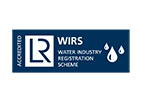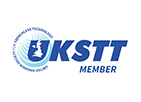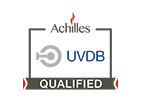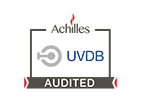Location: Bowthorpe, Norwich
Job Description: Main Renewal Scheme 180mm Diameter.
Material to be reprocessed: Approximately 2450 Tonnes.
Recycled Materials produced: C4/NFSMR (Non flowable material.)
Below shows the comparison between the methodology used on site by Conroy, where the material was reprocessed at Bowthorpe and used as backfill, sub-base and base layer compared to traditional methods where the material would typically be taken off site, tipped at a landfill/waste transfer station and then primary aggregates would be imported to be used as a backfill, sub-base.
Conroy have produced 2450 tonnes of C1.5/NFSMR through their mobile batching plant on site at Bowthorpe. The material was produced to be used as an alternative backfill to traditional foam concrete and used in a type 2 road.
| Approximate Tons Used | Type 1@ £23.75 | Recycled Method @£18.50 | |
|---|---|---|---|
| 2450 | £58,187.5 | £45,325 | |
| Total | £58,187.5 | £45,325 | |
| Savings | £12,862.5 |
| Muck Away @ £180 per Load | Traditional Method | Recycled Method |
|---|---|---|
| Lorry Movements | 154 | 0 |
| Cost of Tipping | £27,720 | 0 |
| Total Savings | |
|---|---|
| Lorry Movements | 154 |
| Economical Savings | £40,582.5 |
There are also economic savings in fuel, lorry and driver hire due to saving 1 day a week not having to wait for material to cure as with the traditional method of using Foam concrete.
Advantages of using C4NFSMR
- Reduced lorry movements and local disruption from not having to send the sub-soil and clay segment of utility waste to landfill.
- Elimination of the need for primary aggregates as the utility waste is recovered and used back in the utility trench replacing primary aggregates.
- Reduced remediation costs due to the high performance /stiffness of the C4/NFSMR compared to traditional primary and secondary unbound material.
- Increased production through immediate reinstatement as no waiting time for material to cure as with Foam concrete. This saves on average 1 day per week on overall costs of project.
- Reduced fuel costs, lorry and driver hire through reduction in lorry movements.
- Exceptional environmental savings due to minimising waste transfers, importing of virgin material, lorry movements, local disruption and sustainability targets exceeded.







